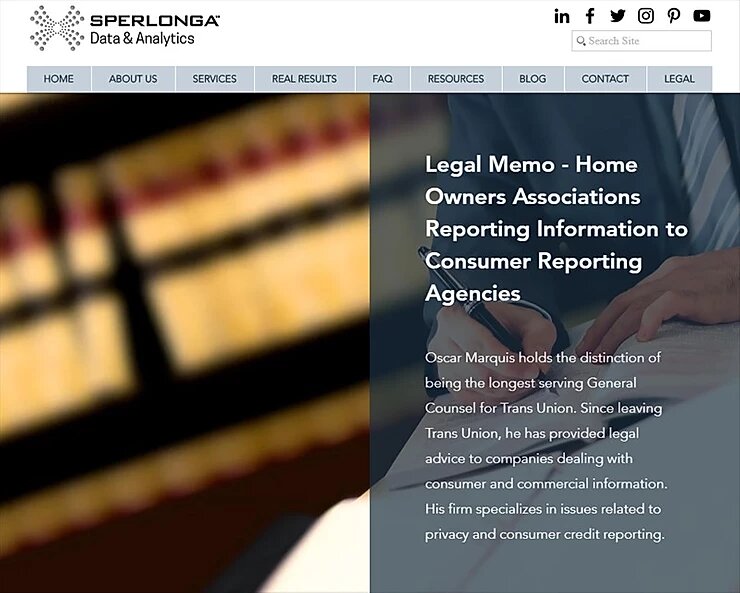Credit reporting of non-traditional payment information is increasing as more and more consumers seek ways to boost their credit scores.

Non-traditional payment credit reporting, is it legal?
Credit reporting of non-traditional payment information is increasing as more and more consumers seek ways to boost their credit scores. Recently, Experian has offered Experian Boost (TM), as a way to help consumers instantly increase their scores after signing up for their program. However, the program can only help if payments are linked through a bank account and only cover a handful of payment types. So if you regularly pay your cell phone and utility bills through a credit card, Experian Boost won’t be able to apply that history to your score.
According to Experian, 35% of your credit score is based on your payment history. An additional 15% is based on how long that history goes back in time. So that is 50% of your score tied to how long you have had an account and how on time you have been in paying on your account.
Now think about the HOA assessments you have been paying on time for years. That is a long history of positive payments that you should be getting credit for. Are you? If your HOA or management company partners with Sperlonga you could be. By monthly reporting your positive payment history, you could see a significant boost to your credit score.
Some have discouraged management companies from participating in credit reporting because they have been misinformed that non-traditional payment reporting is risky. However, the Fair Credit Reporting Act mitigates that risk to near zero. Oscar Marquis, a legal expert in this field, has provided a detailed memorandum to dispel any fears a management company may have.
So if you are one of the 40 million HOA households in the U.S. who needs a boost to your credit score, contact your management company today about partnering with Sperlonga.
